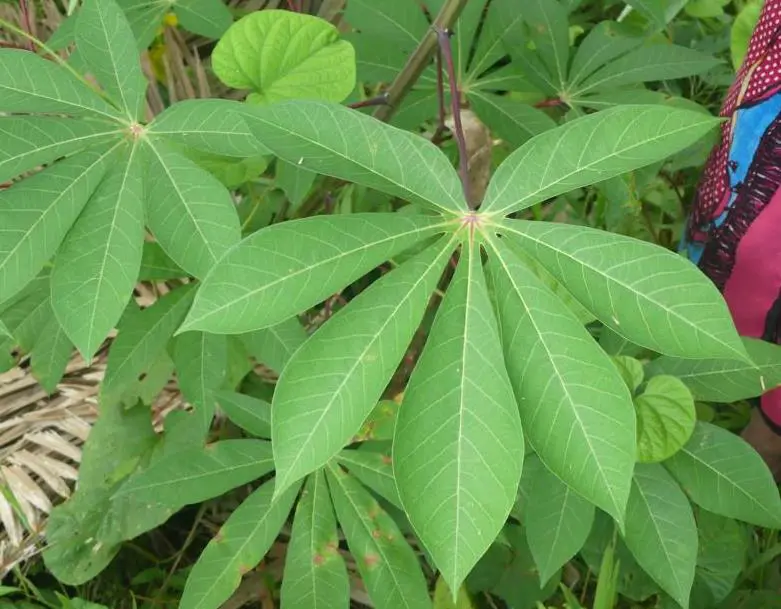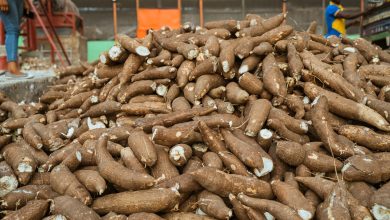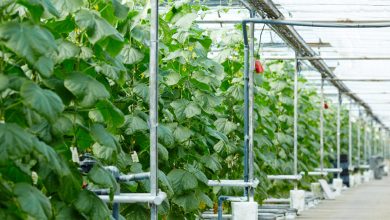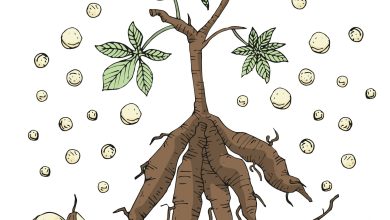The Economic Benefits of Cassava

Economic Benefits of Cassava: How to Maximize Profitability in Farming and Processing

As the CEO of a cassava refinery in Nigeria, I’ve witnessed how cassava can be a catalyst for economic growth, especially in rural areas. This versatile crop is not only a staple food but also a significant source of income for farmers and processors alike. The economic benefits of cassava are immense, but to fully realize its potential, we need to focus on maximizing profitability through smarter farming and processing techniques.
In this post, I’ll share practical tips to help cassava farmers and processors unlock the full value of the crop. Efficiency, technological innovation, and a focus on sustainability are key to boosting profitability.
The Untapped Economic Potential of Cassava
Cassava has long been a crucial part of Nigeria’s agricultural landscape. Its uses range from producing food staples like garri and fufu to industrial products such as starch, ethanol, and biofuels. These diverse applications mean that cassava is not only feeding our nation but also contributing significantly to industrial development.
However, the economic benefits of cassava are often limited by inefficiencies in both farming and processing. By adopting the right strategies, farmers and processors can tap into new markets, increase their revenues, and contribute to Nigeria’s growing agro-economy.
Improving Farming Practices for Higher Yields
To achieve profitability, it’s essential to start with optimized farming practices that result in higher yields and better crop quality:
– Use of High-Yield Varieties: Farmers should opt for high-yielding and disease-resistant cassava varieties. These can significantly increase output per hectare, boosting income from the same amount of land.
– Efficient Planting and Spacing Techniques: Proper spacing and land preparation, such as ridging, are essential for the growth of cassava roots. Efficient planting techniques can improve yields by ensuring that crops receive adequate nutrients and moisture.
– Integrated Pest Management (IPM): Rather than relying solely on pesticides, farmers can adopt IPM, which uses a combination of biological controls and selective pesticides to manage pests without damaging the environment or incurring high costs.
– Water Management: While cassava is drought-tolerant, smart irrigation techniques can further increase yields in dry seasons. Simple methods like rainwater harvesting or gravity-fed irrigation systems can be affordable solutions for rural farmers.

Affordable Technology for Enhancing Efficiency
Technological advancements don’t have to be expensive to be effective. Here are some cost-effective tools that rural farmers and start-ups can adopt to improve cassava farming and processing:
– Mobile Apps for Agricultural Guidance: In rural areas, mobile phones have become essential tools. There are various apps designed to help farmers access real-time weather forecasts, monitor market prices, and get expert advice on crop management. Apps like these empower farmers to make informed decisions, helping them maximize yields and profits with minimal costs.
– Mechanization with Small-Scale Equipment: Basic mechanization can have a huge impact on profitability. For instance, small, motorized tillers and planters are more affordable than large tractors but can significantly reduce labor time and costs. Similarly, small-scale processing equipment, such as cassava graters and peelers, can increase productivity for start-up processors, enabling them to handle more volume and improve product quality.
– Solar-Powered Processing Units: In rural areas where electricity is unreliable, solar-powered systems can be a game-changer. Solar energy can be used to power processing equipment such as grinders, dehydrators, and packaging machines. By reducing dependency on expensive diesel generators, solar power helps cut costs and improve the bottom line, making the **economic benefits of cassava** even more pronounced.
Efficient Processing for Higher Profits
Once cassava is harvested, efficient processing becomes the next critical step in maximizing profitability:
– Automation of Key Processes: Automating labor-intensive processes like peeling, grinding, and drying cassava can improve both efficiency and consistency. Start-up processors may not need large industrial machines but can invest in semi-automated tools that reduce manual labor and speed up production.
– Energy-Efficient Machinery: Energy costs can eat into profitability, especially in rural areas with unreliable power supplies. Investing in energy-efficient equipment, or combining solar with traditional power sources, can ensure continuous processing while keeping operating costs low.
– Diversification of Cassava Products: By processing cassava into various value-added products like starch, high-quality flour, or ethanol, processors can access more lucrative markets. Diversifying into industrial products not only increases profitability but also ensures a more stable income stream, as demand for industrial cassava products tends to be more consistent than for food products alone.

Sustainability: The Key to Long-Term Success
Sustainability is critical to ensuring long-term profitability in cassava farming and processing. Practices such as crop rotation, soil regeneration, and reducing production waste can enhance the resilience of cassava farms and refineries.
Sustainability also attracts environmentally conscious investors and buyers, further unlocking the economic benefits of cassava. By focusing on eco-friendly practices, farmers and processors can ensure long-term profitability while contributing to the preservation of natural resources.
The Economic Benefits of Cassava Can Be Maximized with the Right Approach
The future of cassava farming and processing in Nigeria is bright. By leveraging cost-effective technologies, improving farming techniques, and embracing efficient processing methods, farmers and processors can unlock the full economic benefits of cassava. For start-ups and rural farmers, the path to profitability may begin with small changes—but the impact can be transformative. Cassava, when managed strategically, is not just a crop—it’s an opportunity for sustainable economic growth and prosperity.




